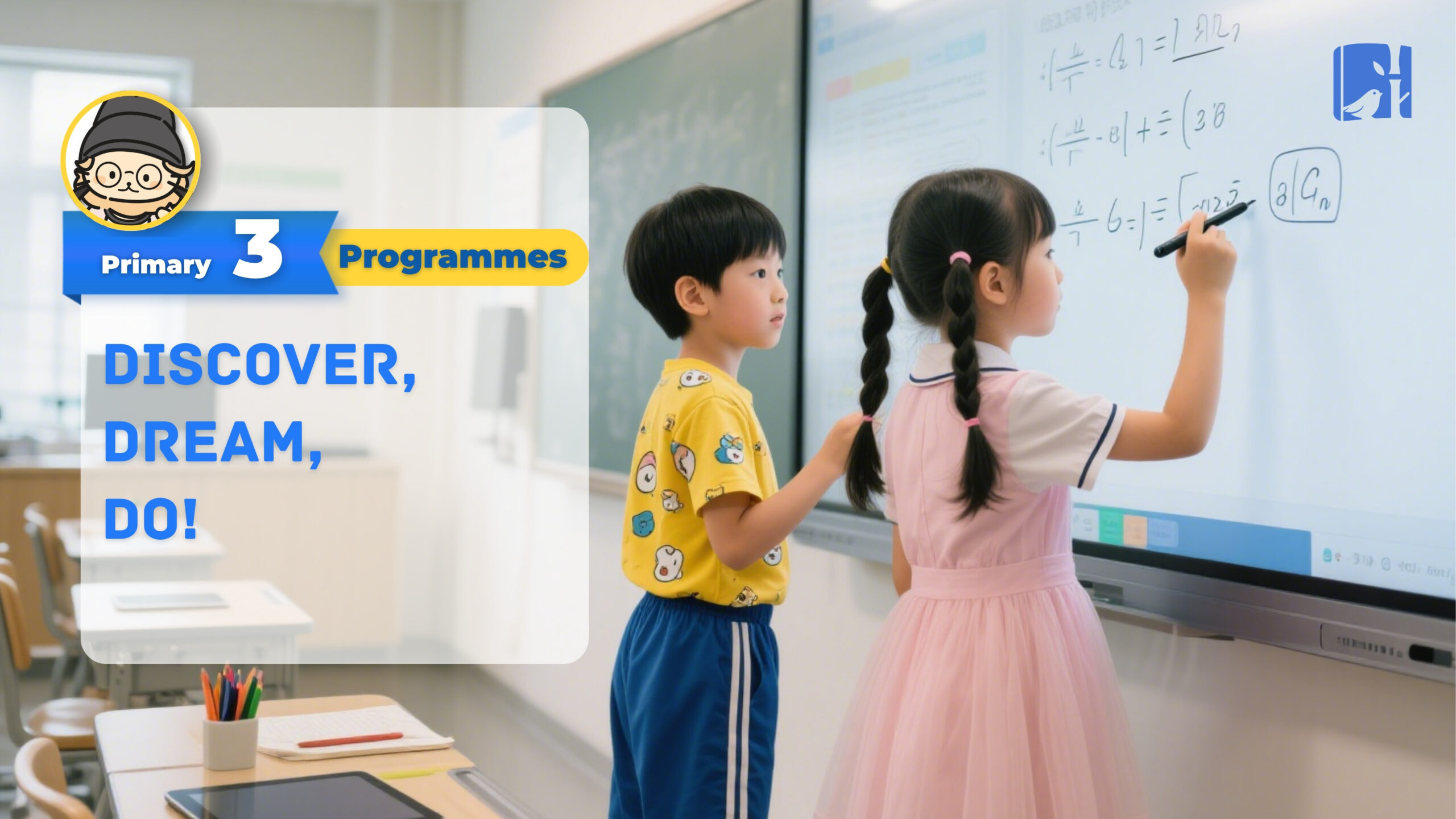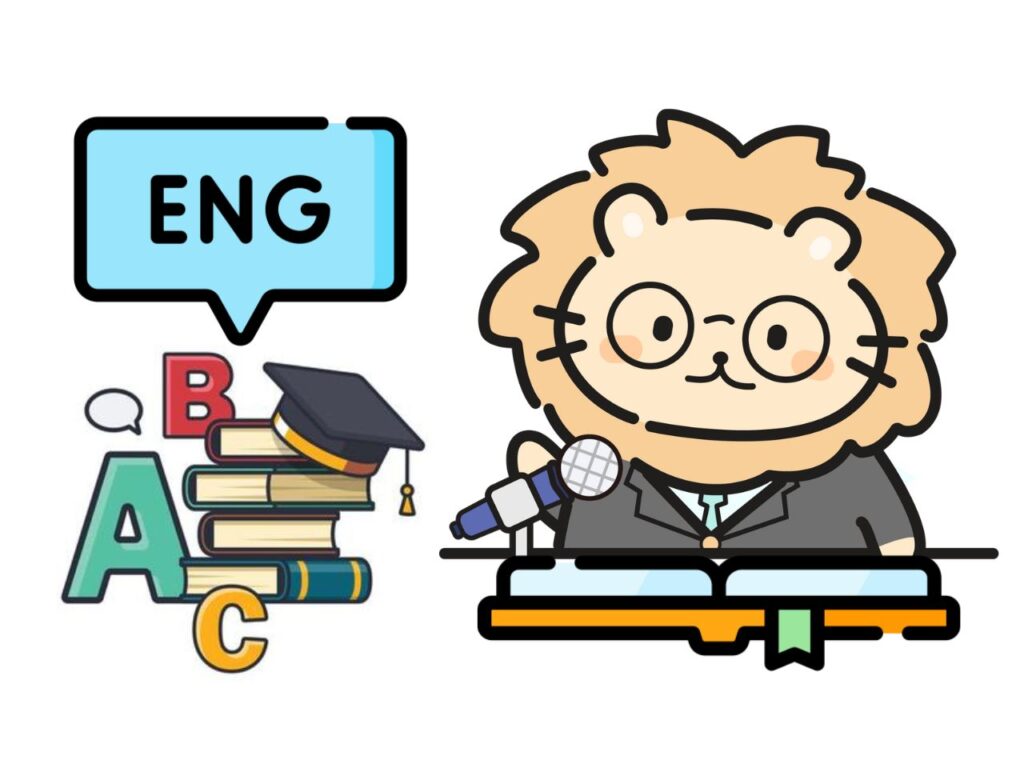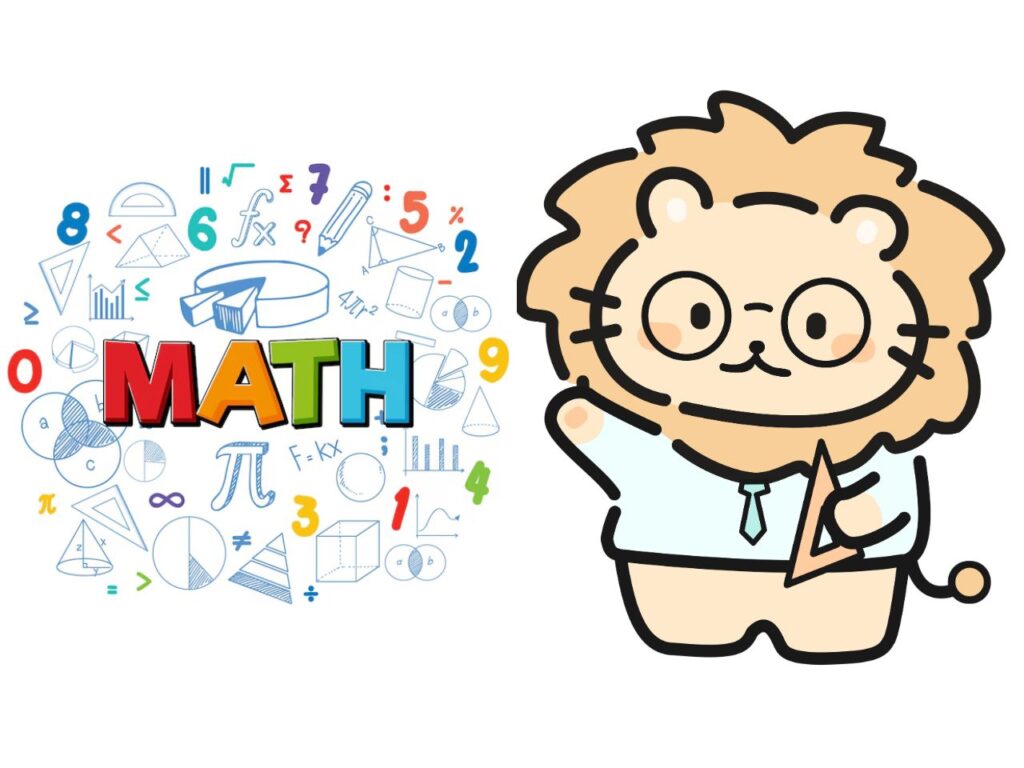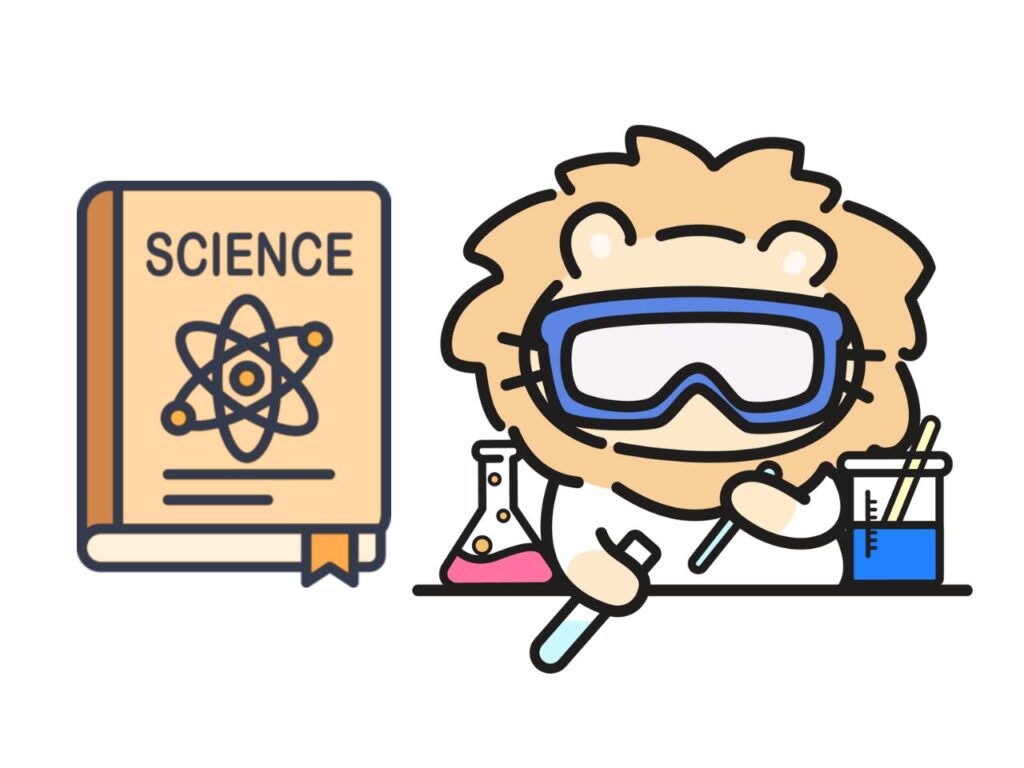

In Primary 3, your child is encouraged to discover their potential, dream big and take action. Our programmes deepen their analytical and communication skills, preparing your child to express ideas clearly and tackle more complex academic challenges with creativity and confidence.
Aligned with CEFR A1–A2 standards, our Primary 3 English Programme empowers students to become confident readers and writers, equipping them with essential skills to tackle real-world communication challenges. Through engaging discussions, creative writing and critical reading activities, students will learn to craft full paragraphs and apply increasingly complex sentence structures. The curriculum builds strong literacy and expression skills while nurturing independent, global-minded thinkers prepared for academic and everyday communication.
— Develop a working vocabulary of 500-800 words suitable for daily and academic use.
— Apply more advanced sentence structures in both speech and writing.
— Compose full, coherent paragraphs with appropriate grammar and punctuation.
— Organise ideas clearly for descriptive, narrative and personal recount compositions.
— Engage with a variety of texts including fables, news articles and poems.
— Practise critical reading by identifying key ideas, main characters and moral lessons.
— Participate in role-play and class discussions to practise effective speaking skills.
— Share personal viewpoints and summaries confidently.


Our Primary 3 Mathematics Programme marks the transition to intermediate problem-solving and deeper conceptual learning. Students will accumulate essential mathematical techniques while enhancing their reasoning and analysis through structured methods like assumption, comparison, and decomposition. This programme prepares students for multi-step application problems in geometry, measurement, and data analysis.
Enter the Key Acceleration Phase of Elementary Math: 6 Core Modules to Master Hypothesis Testing, Deduction, Comparison and Decomposition Strategies.
— Perform calculations involving large numbers and decimals.
— Apply mental math strategies for quick problem-solving.
— Measure and calculate angles, and classify triangles and quadrilaterals.
— Find the perimeter of rectangles and composite shapes.
— Convert between units for length, weight and volume.
— Tackle multi-step real-life problems involving money, time, and measurement.
— Read and interpret bar graphs, tables and picture charts.
— Present and analyse simple data sets.
— Understand place value for decimals up to tenths.
— Apply decimal concepts in money and measurement.
Our Primary 3 Science Programme lays the groundwork for scientific inquiry through hands-on exploration and observation. Students learn to classify living and non-living things, investigate life cycles and examine materials and their uses. The curriculum encourages questioning, predicting and communicating ideas clearly, which are essential skills for budding young scientists.
— Identify characteristics of living things: movement, respiration, growth, reproduction, excretion and response.
— Distinguish between natural and man-made non-living things.
— Understand and Compare Life Cycles of Plants & Animals
— Recognise physical properties: hardness, flexibility, transparency and waterproofing.
— Identify suitable materials for different purposes based on their properties.
— Explore the properties of magnets and magnetic materials.
— Understand magnetic forces: attraction and repulsion.
— Develop observation and recording skills.
— Practise forming simple hypotheses and making predictions.
— Carry out basic investigations and present findings clearly.
— Engage in discussions that promote inquiry and reasoning.

Fill in the contact form below and we will contact you within 1-3 working days.
